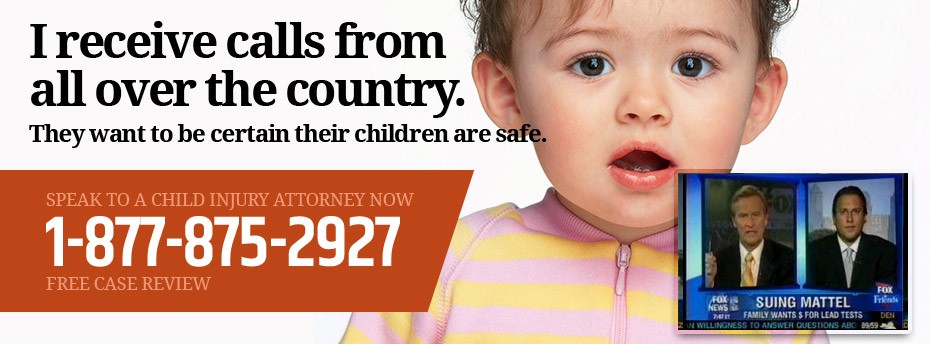Preterm labor, also known as premature labor, may result from the negligence of medical personnel during the management of a woman’s pregnancy. The injuries sustained by an infant as a result of preterm labor may also be increased by the negligence of medical personnel in responding to the patient’s preterm labor.
If your child sustained injuries as a result of your preterm labor, and you believe that the negligence of your obstetrician or other medical professionals was a cause of your preterm labor, you may be entitled to compensation from those responsible. Contact birth-injury and preterm-labor injury attorney Jeffrey Killino at 877-875-2927 for a free consultation about your legal options.
What is Preterm or Premature Labor?
A full-term pregnancy lasts 37 to 42 weeks, and preterm (or premature) labor occurs when a woman goes into labor between 20 and 37 weeks of pregnancy.
What Causes Preterm Labor?
 Premature births in the United States occur at a rate of approximately 13%, and often occur when a woman is carrying more than one baby, such as twins or triplets, following artificial conception. Preterm labor may also result from a weak (or “incompetent”) cervix that cannot adequately prevent the baby from delivery before term.
Premature births in the United States occur at a rate of approximately 13%, and often occur when a woman is carrying more than one baby, such as twins or triplets, following artificial conception. Preterm labor may also result from a weak (or “incompetent”) cervix that cannot adequately prevent the baby from delivery before term.
What are the Symptoms of Premature Labor?
Signs of preterm birth are vaginal bleeding in the third trimester, back pain, intense pressure in the pelvis, or four or more uterine contractions in an hour. In some cases, the cervix may dilate early without pain or recognized contractions, so the mother will be without warning until very late in the birthing process.
Ways to Prevent Preterm or Premature Labor?
According to the American Academy of Pediatrics (AAP), preterm birth is a leading cause of neonatal death. Prevention of preterm labor is, thus, very important to an infant’s survival.
Careful planning with the guidance of an obstetrician may include the administration of medications such as steroidal agents, which assist in the maturation of the baby’s lungs. In addition, medications called tocolytics may be used to prevent the premature opening of the cervix. Traditional preventative measures such as strict bed rest can also aid in preventing preterm or premature labor.
Legal Liability for Preterm-Labor Injuries
Premature, or preterm, labor may result from many things, including medical malpractice. A failure to prevent preterm labor, for instance, may be due to the negligence of a physician during a woman’s pregnancy. Once a woman begins to experience preterm labor, negligent management and treatment of the preterm labor may also result in injury to the mother or child. In either case, liability and damages may be assessed against the medical personnel responsible as well as the hospital that employs them.
Failure to Prevent Preterm Labor
The negligence of an obstetrician that is often found to constitute a cause of a child’s preterm-labor injuries occurs when the obstetrician fails to properly monitor and/or manage certain conditions or complications that may ultimately result in preterm labor. The obesity of the woman carrying a child may increase the woman’s chances of experiencing preterm labor, for example, so that her physician’s failure to monitor her weight and counsel her regarding the risks associated with obesity during pregnancy and methods for safe reduction of her weight during pregnancy may be found to constitute negligence on the part of the physician. If the physician’s negligence is determined to be a cause of her preterm labor and her child’s resulting injuries, the physician may be held liable for the damages suffered by the child in an action for medical malpractice.
Failure to Adequately Treat Preterm Labor
Even when a physician’s negligence is not a cause of a woman’s preterm labor, injuries to the baby may nevertheless occur as a result of the physician’s negligent treatment of the preterm labor. If, for example, an obstetrician fails to timely diagnose a patient’s preterm labor so that delivery occurs before treatment can be commenced, the failure to timely diagnose may be found to be a cause of the child’s preterm-delivery injuries and result in liability for those injuries by the physician.
Preterm labor may be stopped before delivery and resultant injury to the fetus occurs through the administration of certain medications to the mother. A physician’s failure to prescribe and administer such medications when indicated, or the prescription and/or administration of an improper dose of such medications, may be found to constitute negligence and a cause of a woman’s preterm labor and resulting injuries to her child.
Liability of Hospital or Clinic
When a physician’s negligence is found to have been a direct cause of a child’s preterm-labor injuries, the clinic or hospital that employed the physician may be found indirectly liable for the child’s injuries as a result of the direct liability of its employee. If the negligence that results in the patient’s preterm labor occurs during the woman’s pregnancy while the physician is acting in the scope of employment by a clinic or other company, that clinic or company, as the physician’s employer, may be found vicariously liable for the physician’s negligence and resulting injuries to the child.
If, on the other hand, the negligence of the physician that results in the child’s preterm-labor injuries occurs while the patient is being treated for preterm labor in a hospital that employs the physician, the hospital may be held vicariously liable for the injuries sustained by the child as a result of the negligence of its physician-employee.
Contact Us
If your child was injured as a result of preterm-labor complications and you believe your obstetrician or other medical personnel were responsible for your child’s injuries, contact birth-injury and preterm-injury attorney Jeffrey Killino at 877-875-2927 or fill out and submit the email form below to learn how we can help you obtain the compensation to which you are entitled.





